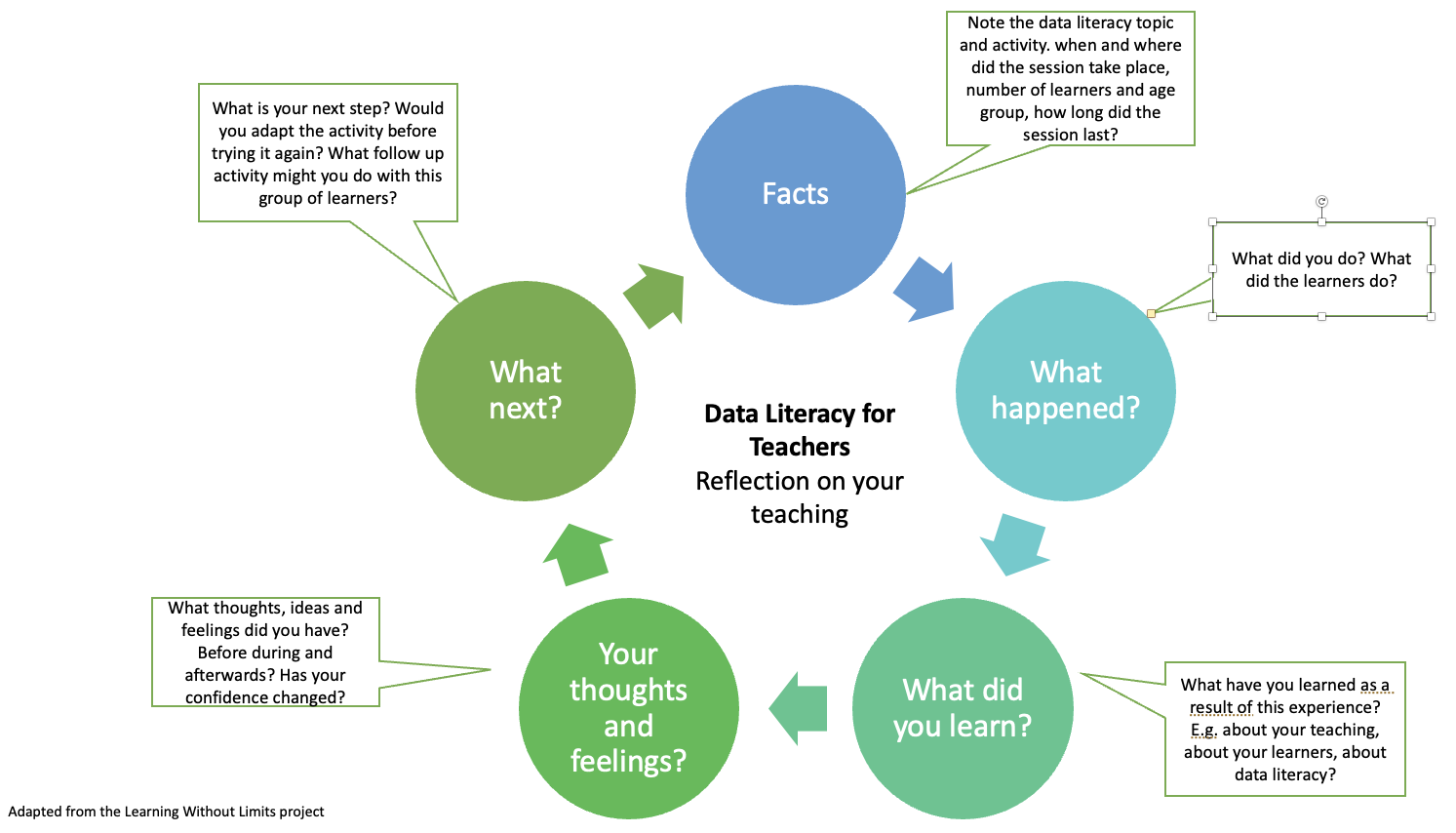Data for Fictional Worlds
Data doesn't always need to be real to be useful for teaching! There are a couple of reasons why fictional data can be useful in teaching. Firstly, it can be really motivating for children to explore data about the stories or games they enjoy (e.g. Pokemon cards or facts about the Harry Potter world). Secondly, real-world datasets can be messy and complicated. It can be useful for learners to learn data concepts using simpler fictional datasets which have been designed to make particular teaching points. In this topic, we will look at fictional datasets developed to clarify key data concepts.
Preparation
Before you come to the online class, please do the following:
- Watch this video about Dragonistics cards (13 minutes). The Dragonistics cards are a great example of a fictional dataset which was designed with teaching in mind.
- Play with your own box of Dragonistics cards which came with the kit box. What do you notice about the set? What do you wonder? What might your learners notice and wonder?
- Watch this recording of an online lesson which our friends at Digital Skills Education ran for hundreds of children (50 minutes). If you want, you can see the sorts of activities the children did here. This example uses storytelling and a fictional world in a different way although the lesson still supports data literacy. What storytelling and game techniques did the designers use and why do you think they used them?
Online class
Come to the online class on 24/4/24 at 7 - 9pm. We'll email you with the joining link.
Activity
After the class, try out one of these activities with your learners. You can choose from:
- Introduce your class to the Dragonistics cards
- Try out an Agents of Data escape room with your learners
- Choose another task about fictional data which you think your learners will enjoy
Reflection, feedback and sharing
Once you've tried out the activity with your learners, please do the following. There will also be a chance for feedback and sharing at the next class.
Reflective writing
Use the prompts to write a short post to help you reflect on how it went. It doesn’t need to be long (a few hundred words would be OK).

Facts: What was the topic and activity? Which learners took part, how many and what age group?
What happened? What did you do? What did the learners do? What did anyone else do?
What did you, as a teacher, learn? What have you learned as a result of this experience e.g. about teaching, your learners or about data literacy?
Your thoughts and feelings? What thoughts, ideas and feelings did you have before, during and after the session? Has your confidence changed as a result of teaching this activity?
What next? What is your next step? If you were to do this activity with another class, would you adapt it? What follow-up activity might you do with this class?
Feedback
Read the posts by two other members of the course and give them feedback.
Share
Tell another teacher at your school about what you have been working on.